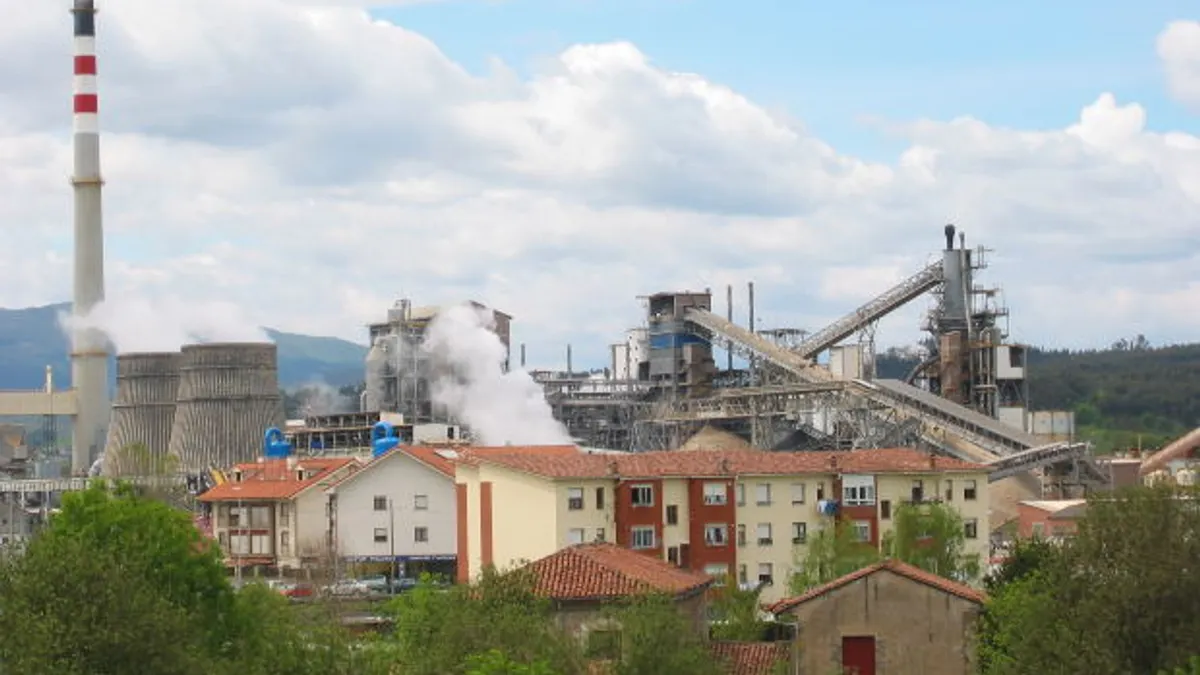Dive summary:
- A study done by researchers at Oregon State University found that residents living close to an e-waste recycling plant in Guangzhou, China are 1.6 times more likely to develop cancer than people who live in a heavily polluted industrial area with no e-waste facility.
- E-waste, or electronic trash such as cell phones, computers and TVs, is shipped from the developed world to developing countries, where it is collected in dumps.
- The extraction of precious metals from e-waste releases a toxic range of fumes including polycyclic aromatic hydrocarbons; the e-waste area in Guangzhou exceeds China's air quality standards 98% of the time.
From the article:
"... The researchers estimated that of each million people in the e-waste area, 15 to 1,200 would develop lung cancer on account of PAHs over their lifetimes, while the likelihood in the city is slightly lower at 9 to 737 per million. These approximations do not include lung cancer caused by smoking.
The study also found that the level of airborne carcinogenic PAHs exceeded China's air quality standards 98 percent of the time in the e-waste area and 93 percent of the time in the city. ..."













